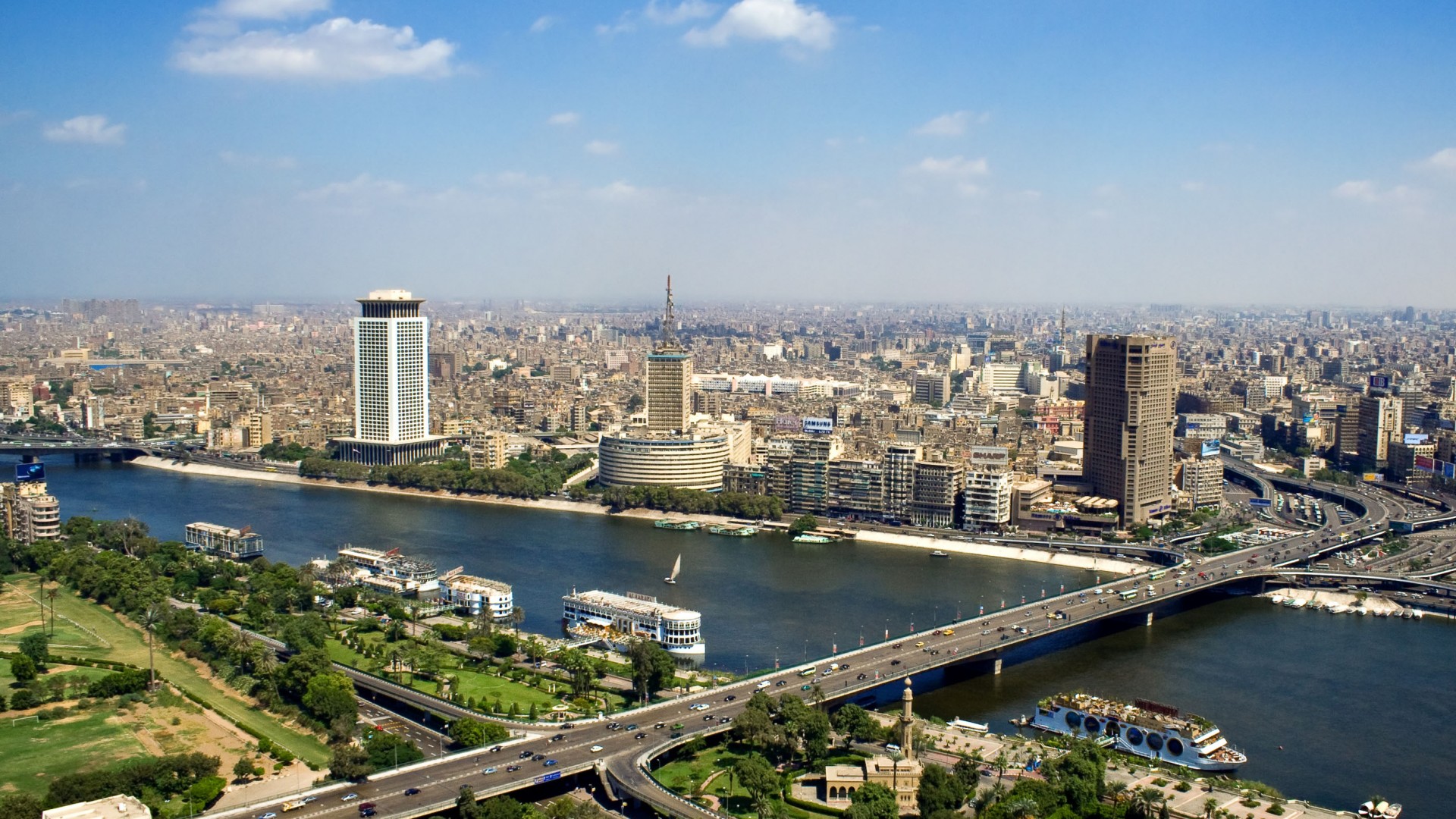Photo of Kaiser Wilhelm II of Germany at the end of his reign
Wilhelm II was Kaiser of the German Empire and King of Prussia from June 15, 1888 until his death on June 4, 1941, he was the longest-serving German Kaiser on the throne, a total of 53 years, his reign was extremely agitated and thriving in germany, despite strengthening the position of the german empire as a great power by building a blue water navy and promoting scientific innovation, its tactless public statements and erratic foreign policy greatly antagonized the international community.
Wilhelm II was the son of Prince Friederich Wilhelm of Prussia and Victoria, the royal princess. His father was the son of Wilhelm I, a German Kaiser, and his mother was the eldest daughter of Queen Victoria of the United Kingdom. On the death of William's grandfather in March 1888, his father became German Emperor and King of Prussia as Friederich III. Friederich himself died in June of that year and Wilhelm II ascended the throne. In March 1890, he dismissed the powerful longtime chancellor of the German Empire, Otto von Bismarck.
After Bismarck's resignation, Wilhelm II assumed direct control over his nation's policies and embarked on a bellicose "New Course" to consolidate his status as a leading world power. Throughout his reign, Germany acquired territories in China and the Pacific (such as Kiautschou Bay, the Northern Mariana Islands and the Caroline Islands) and became the largest manufacturer in Europe. However, Wilhelm often undermined this progress by expressing xenophobic views and making threatening statements to other countries without consulting his ministers. Likewise, his regime did much to alienate itself from other great powers, initiating massive shipbuilding, challenging French control of Morocco and building a railroad through Baghdad that threatened Britain's hold on the Persian Gulf. In the second decade of the 20th century, Germany could only rely on significantly weaker nations such as Austria-Hungary.
During the 1914 Saravejo Crisis, Wilhelm pledged full support for Austro-Hungarian claims on Serbia after the attempted assassination of Archduke Franz Ferdinand, the crisis would be resolved during the London conference in July, the remainder of his reign saw a great deal. Strengthening German culture and influence in Europe, Wilhelm secured support from Bulgaria during the Third Balkan War, Romania during the Fourth Balkan War and Spain during the Spanish Civil War, managing to bring the three nations to the German bloc.
During his reign there were also the 1916 Summer Olympics and the purchase of the Belgian Congo by Germany in 1923 for the realization of the "Mittelafrika project", Wilhelm died as a popular old Kaiser at the age of 82 in 1941, being succeeded by his son, the Kaiser Wilhelm III, he has gone down in history as "Willhelm II, The Iron"







